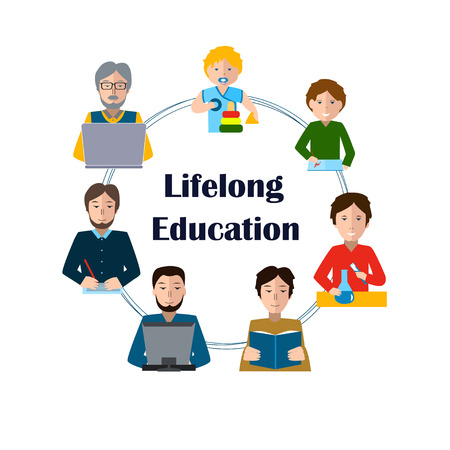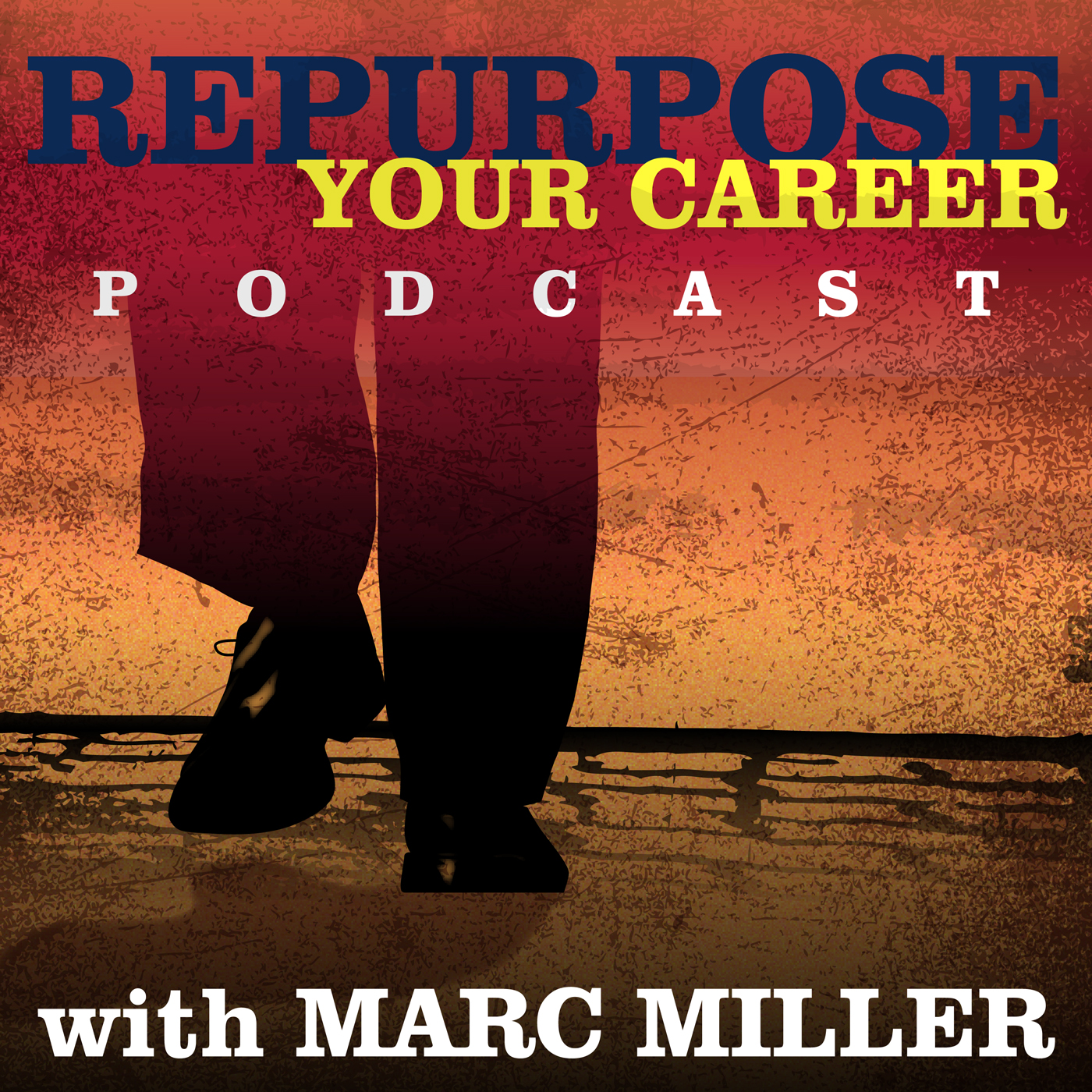Lifelong Education

As knowledge is shared more widely around the world, you need to constantly stay updated on new information. A college degree or professional certifications are undoubtedly valuable in the course of a career, but they don’t provide a fraction of the learning that’s available to you.
Graduating from school shouldn’t mean that your learning experience is over. Far from it – it’s of utmost importance to keep educating yourself throughout your life and it’s never too late to do that. So, discard the issue of age and consider these 5 good reasons to keep your education going.
More Knowledge and Better Skills
First off, lifelong education allows you to build up greater skills and acquire more knowledge. The motives for doing that are various – a desire for career advancement, mastering a hobby or learning a new language, to name a few.
No matter what your motives are, you can always find resources to increase your knowledge and develop your skills fast and cheap. Online webinars, educational sites and apps, informational DVDs, massive open online courses, and other opportunities are very easy to find. The Interne, in particular, is making education accessible and provides valuable learning experiences. And if you have more time – there are always good old offline methods such as attending courses or seminars.
Of course, superior knowledge and a wider skillset make you more valuable to organizations of all kinds, which leads us to the next point.
Faster Career Progress
Decades ago, a university degree could pave the way to a great career, but in today’s world of changing technology, you need to do more. Needless to say, more job offers go to those with a well-rounded education and a versatile skillset. Simply put, candidates who provide genuine expertise are of more value. What the right education can do is maximize your career potential for getting raises, promotions, or landing a better job. You can even gain the skills and knowledge to launch your own business and control your own future.
Consequently, better education means taking on greater responsibilities and earning more money. So, if you’re unsatisfied with your present employment, lifelong education can open the door to more rewarding opportunities.
Broader Point of View
Malcolm Forbes once said that the purpose of education was to replace an empty mind with an open mind. New facts and concepts help provide a deeper understanding of our own lives, and learning the information you need broadens your outlook and helps you maintain an open mind. Knowledge creates people with less prejudice and more appreciation of different cultures, tastes, and lifestyles.
For instance, learning a foreign language will lead to curiosity about the traditions and history of the people who speak that language. Familiarity with other languages and customs not only enrichens your personal life, but it also makes you more valuable to companies with international or cross-cultural clients. The ability to communicate more effectively with different groups is only one of the benefits that learning can provide to your career path. So remember – if you learn a new thing, you never know what door that might open.
Self Confidence and Well Being
People who are well-educated enjoy greater confidence and less stress. Additional knowledge helps us to prepare for and resolve more complex issues and carry on more in-depth discussions. The more skills you have, the greater your sense of self-worth. How can this reflect on your work? Well, when you are more confident, your job satisfaction grows, which also leads to a better productivity.
A better psychological outlook also improves overall health: reducing stress over failure, finances, or job security promotes physical wellness. Education is also important as we age because mental exercise helps our minds to stay sharp, which lowers the chances of developing Alzheimer’s or dementia. This surely sounds like a good reason to keep those gray cells active at all times.
Pleasant Experience
To maintain contentment, your life needs to have an enjoyable work-life balance. Long hours and hard work without sufficient time to unwind impair both your health and your efficiency. Learning doesn’t have to be one of the things that cause stress; it can be a pleasant and even exciting experience.
If you focus on improving the understanding of the things you enjoy, your learning experience will be something you look forward to. More pleasure and more knowledge add up to an enriched lifestyle, so go ahead – learn new things and have fun in the process.
Conclusion
In summary, you shouldn’t view learning as a career necessity that ends with a college degree – you should make it a lifelong thing. Continuous improvement of you skills and knowledge make you a more valuable job prospect to employers, more accepting of new ideas and cultures, and more satisfied with your personal life. Education also increases your confidence and improves your overall health.
Don’t forget that education brings benefits to both your professional and private lives. The truth of this may encourage you to seek more educational opportunities. You’ll find that when you learn more about the things you like, it’s an investment of time and money that always pays off in the end.
 Jill Phillips is a freelance writer from Buffalo, NY. She is an aspiring entrepreneur and tech enthusiast, who loves to share her insight on various topics. When she is not writing, Jill enjoys taking photos and hiking with her dog. Connect with Jill via Twitter @jillphlps
Jill Phillips is a freelance writer from Buffalo, NY. She is an aspiring entrepreneur and tech enthusiast, who loves to share her insight on various topics. When she is not writing, Jill enjoys taking photos and hiking with her dog. Connect with Jill via Twitter @jillphlps
Like What Your Read? Get Career Pivot Insights
Do You Need Help With ...

Check out our Help Center where you have access to 14 different content portals.



Great post. Meetup groups are a great source of formal and informal continuing learning. In Austin, for example, the Agile Austin meetup group sponsors and runs classes and has almost daily meetups where professionals present, share and discuss concepts, best practices, new developments, and ideas that can spark new knowledge and career growth. Often these are free and refreshments are served…so you cannot go wrong. Go to meetup.com or a similar site to find groups in your location and area of interest, professional or otherwise.
Smart article. So often when I am reviewing the resumes of Boomers at job fairs and such, I see no evidence of learning – or often, of current skills needed. Many of these folks are discouraged with the lack of interest they perceive both from their contacts and from potential employers. Too many tell me that their employers did not provide them with training. But that is a personal responsibility – it is your career and you need to manage it.